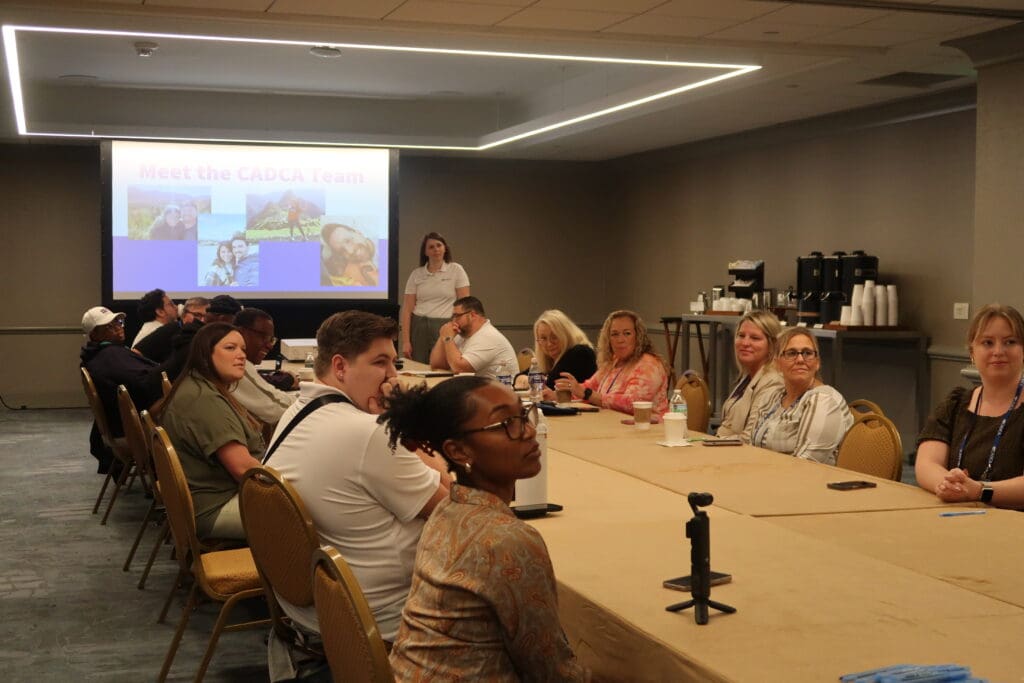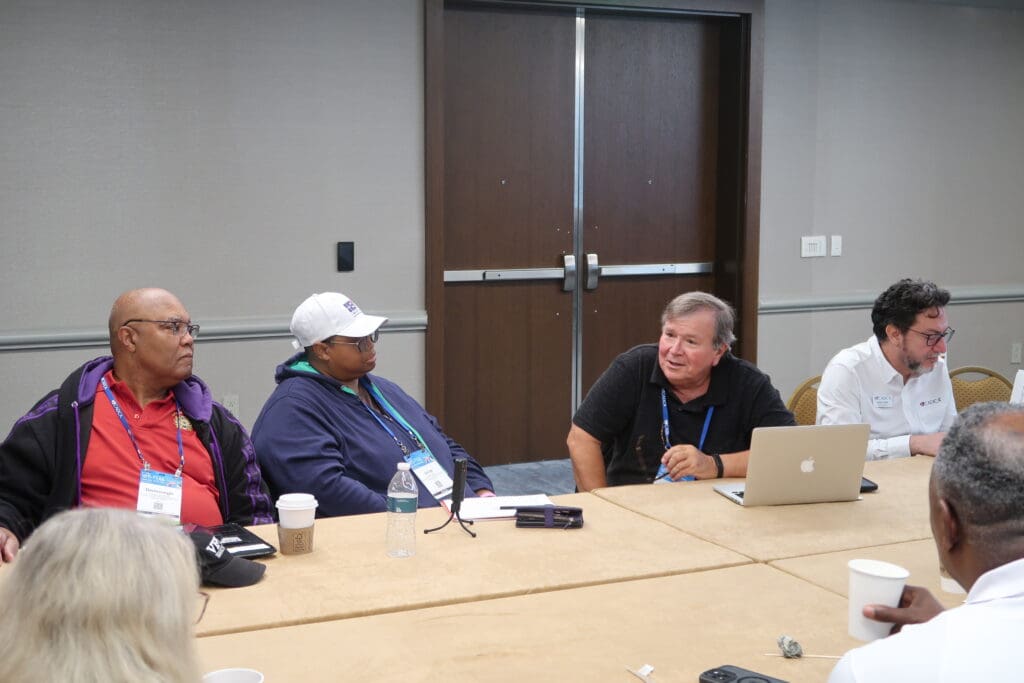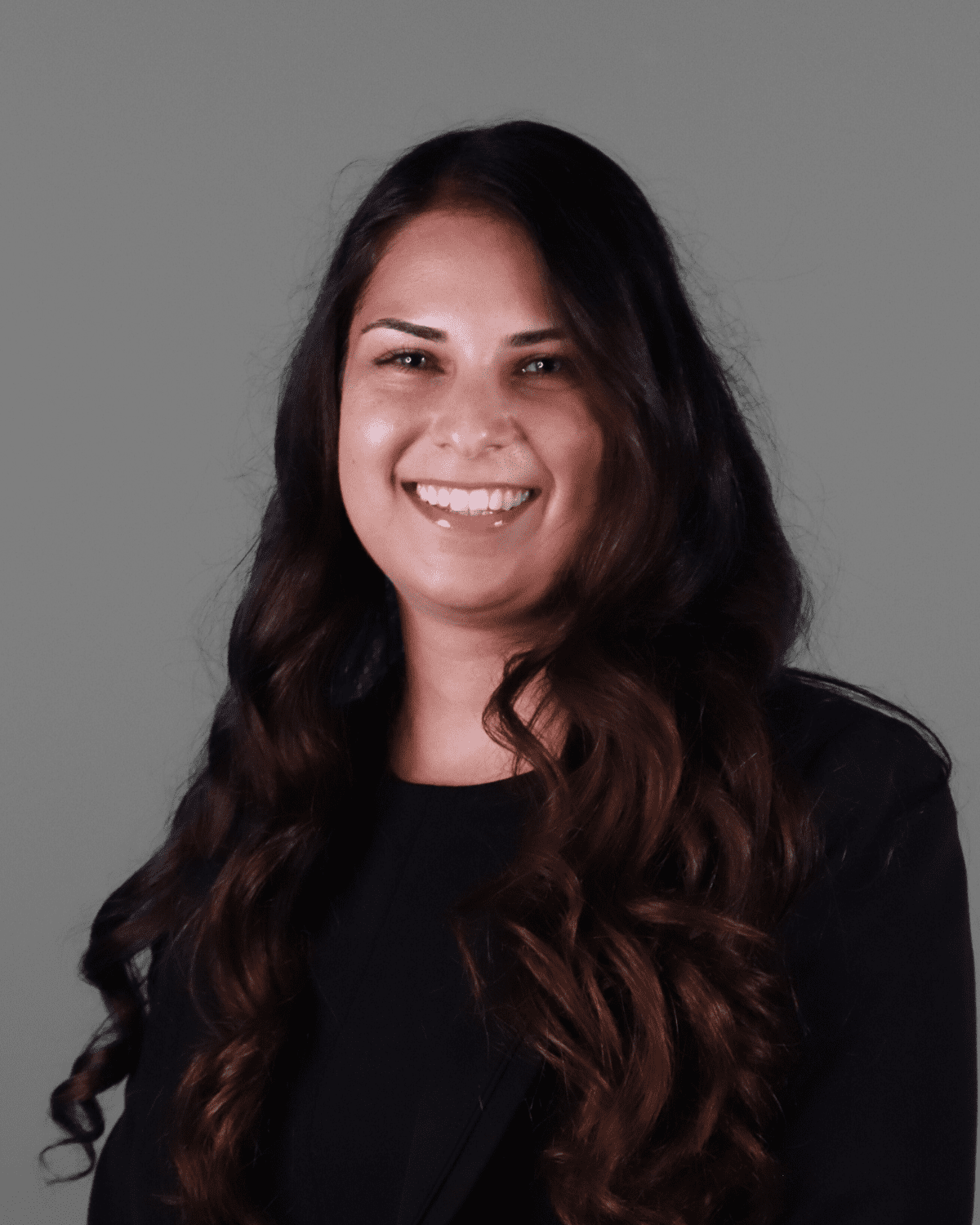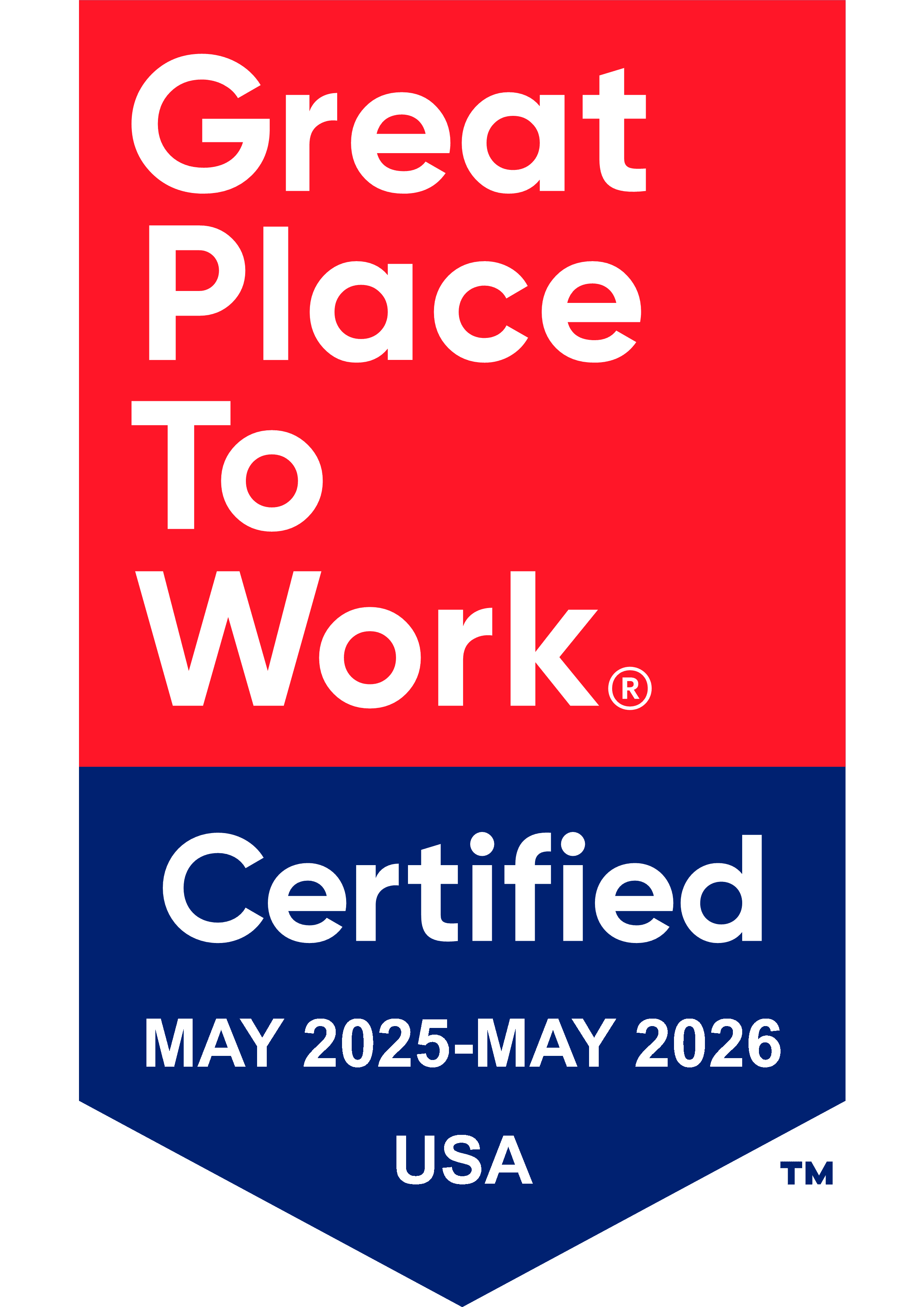At this year’s Mid-Year Training Institute, CADCA introduced a new offering: Enhanced Technical Assistance (TA) for 11 coalitions in Arkansas. This is an exciting step forward in how we support coalitions in their journey; not just when challenges pop up, but from the very start of their work in a proactive manner.

Seven of these coalitions have already participated in CADCA’s Opioid Coalition Academy, in partnership with the Arkansas Opioid Recovery Partnership (ARORP), and as a result successfully secured more than $4.3 million in Drug-Free Communities (DFC) funding. Four of these coalitions are currently enrolled in the Academy and are preparing to apply when the next DFC funding opportunity opens.
For context, ARORP is an initiative led by the Association of Arkansas Counties and the Arkansas Municipal League. Their mission reflects what coalitions across the globe are striving to accomplish: address the opioid epidemic using evidence-based strategies across the continuum of care and assist people suffering from substance-misuse disorder. Their focus is on prevention, early intervention, recovery support, and even on uplifting families who have experienced loss.
That’s where the Opioid Coalition Academy comes in, which is designed to give coalitions the structure, tools, and confidence they need to be successful. Over the course of three weeks of in-person training, combined with ongoing reinforcement sessions, coalition leaders learn how to apply SAMHSA’s Strategic Prevention Framework and leave with concrete products: community assessments, logic models, strategic and sustainability plans, and more. By the end of the Academy, they’re fully prepared to apply for DFC funding and begin effecting change in their communities.

What’s new this year is the addition of Enhanced TA. Traditionally, technical assistance has been reactive, with coalitions reaching out when they hit a roadblock. With Enhanced TA, we’re flipping the model. Each coalition is paired with a technical assistance provider right away, who works alongside them to anticipate challenges, set clear goals, and build a customized plan. This consists of monthly one-on-one sessions, group check-ins, and ongoing access to support, all of which make the process proactive and consistent. As a result, coalitions feel better supported and stay on track with their goals to implement strategies that improve community health outcomes.
The launch at Mid-Year represents a better way of doing prevention work, one where coalitions don’t feel like they’re figuring it out alone, but instead have steady, personalized guidance to move their goals forward.


